Table of Contents[Hide][Show]
- Nutrivore Score for Canned Sardines – 654
- Canned Sardine Nutrition Facts
Health Benefits of Canned Sardine Nutrients+−
- Canned Sardines Provide 452% DV EPA+DHA
- Canned Sardines Provide 428% DV Vitamin B12 (Cobalamin)
- Canned Sardines Provide 110% DV Selenium
- Canned Sardines Provide 92% DV Vitamin B7 (Biotin)
- Canned Sardines Provide 28.3 g of Protein
- Canned Sardines Provide 45% DV Phosphorus
- Canned Sardines Provide 38% DV Vitamin B3 (Niacin)
- Canned Sardines Provide 36% DV Alpha-Linolenic Acid (ALA)
- Canned Sardines Provide 34% DV Calcium
- Canned Sardines Provide 28% DV Vitamin D
- Canned Sardines Provide 24% DV Copper
- Canned Sardines Provide 24% DV Linoleic Acid
- Canned Sardines Provide 1.4 mg of CoQ10
- Canned Sardines Provide 22% DV MUFA
- Canned Sardines Provide 20% DV Vitamin B2 (Riboflavin)
- How Much Canned Sardines Should We Eat Per Day?
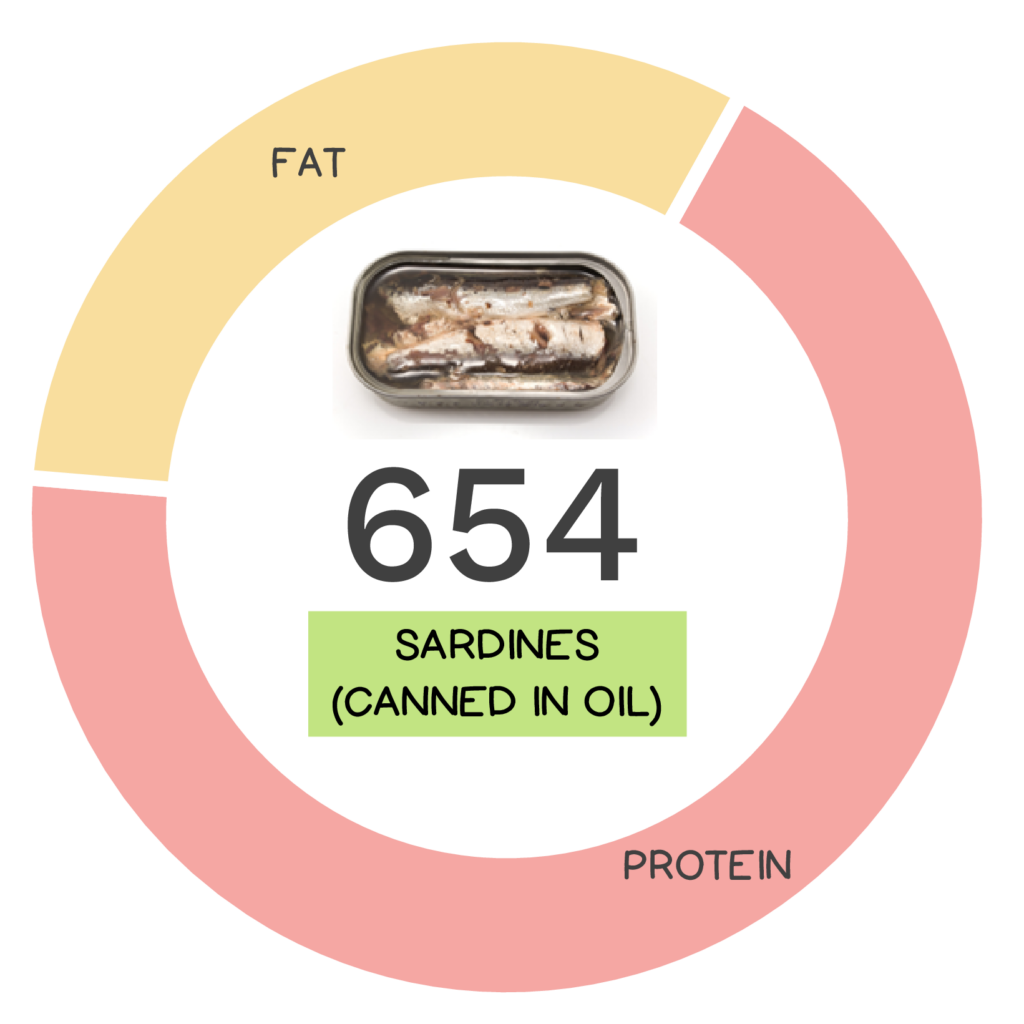
Love them or hate them, sardines (the seafood known for travelling economy class) are extremely popular all over the world and for good reason. When it comes to inexpensive seafood loaded with nutrients and flavor sardines are the “reel” deal!
Also known as pilchard, sardines are wild-caught prey fish that live in saltwater oceans and seas around the world.
In actuality, sardine does not refer to one specific fish but to a number of different unique species of small, oily, cold-water fish, belonging to different genera in the Clupeidae family of fish, which contains 200 similar species including herring and anchovies. Also known as pilchard, sardines are silvery-colored, white-fleshed fish with a single small dorsal fin. They range in size from 6 to 12 inches (15 to 30cm), from 3 ounces to 7 lbs (85g to 3 kg), and can live for up to 13 years. They feed on zooplankton and small crustaceans, but are themselves considered prey fish (also forage or bait fish) meaning they are small open-water fish near the bottom of the food chain, preyed upon by larger predators. Sardines are schooling fish that live in saltwater oceans and seas around the world; sometimes these schools can be so massive they are visible from airplanes! These fish are wild-caught from almost every area of the world including the North Atlantic Ocean, Pacific Ocean, Indian Ocean and the Mediterranean and Dead Seas. Best known species include the European pilchard, South American pilchard, Pacific pilchard, and the rainbow sardine.
Sardines are schooling fish – sometimes these schools can be so massive they are visible from airplanes!
There is debate as to whether this fish is named for the Italian island of Sardinia where they were once harvested in abundance or because of their reddish-pink color similar to the gemstone sard (or carnelian). Regardless of where they got their name, they have been part of the human diet for hundreds of years, known to the Ancient Greeks and ancient cultures of South America. Later, in the 1700 to 1800s fishing and processing of these fish was a thriving industry in Cornwall, England, who exported their catch to Roman Catholic countries. Today, sardine packing plants exist throughout the world such as in Brittany France (considered the location where sardine canning was first invented), and the last remaining plant in North America in New Brunswick, Canada (the Brunswick Brand), though Morocco is the largest exporter in the world. For the most part, these fish are caught at night when they congregate at the surface to feed. They are fished commercially for bait, for their oil (used to manufacture linoleum, paint and varnish), as fish meal for animal feed, but mostly as food. Luckily, sardines repopulate quickly making them a great sustainable seafood option.
Sardines repopulate quickly, making them a great sustainable seafood option!
While many of us may be most familiar with ready to eat tinned sardines preserved in oil, this fish, with its meaty texture and umami flavor, can also be enjoyed in many other different ways including dried, grilled, pickled, raw, salted, or smoked. When canned, processing occurs in different ways. (And, despite what it says on the can, some tinned “sardines” may in fact be herring or sprat, aka brisling – a small fish related to herring). After removal of the head and gills the fish are either smoked or cooked by deep-frying or steam-cooking, followed by drying before final packaging in oil, water or other sauce. Sardines are packaged with skin and bones still intact making them a great source of calcium, in addition to being one of the few dietary sources of vitamin D in our modern food supply. So, if you’re looking for an affordable way to up your fish game, sardines make for a nutrient-dense option, and they’re portable which is great when you’re on the go!
Learn What Foods to *ADD* to Your Diet
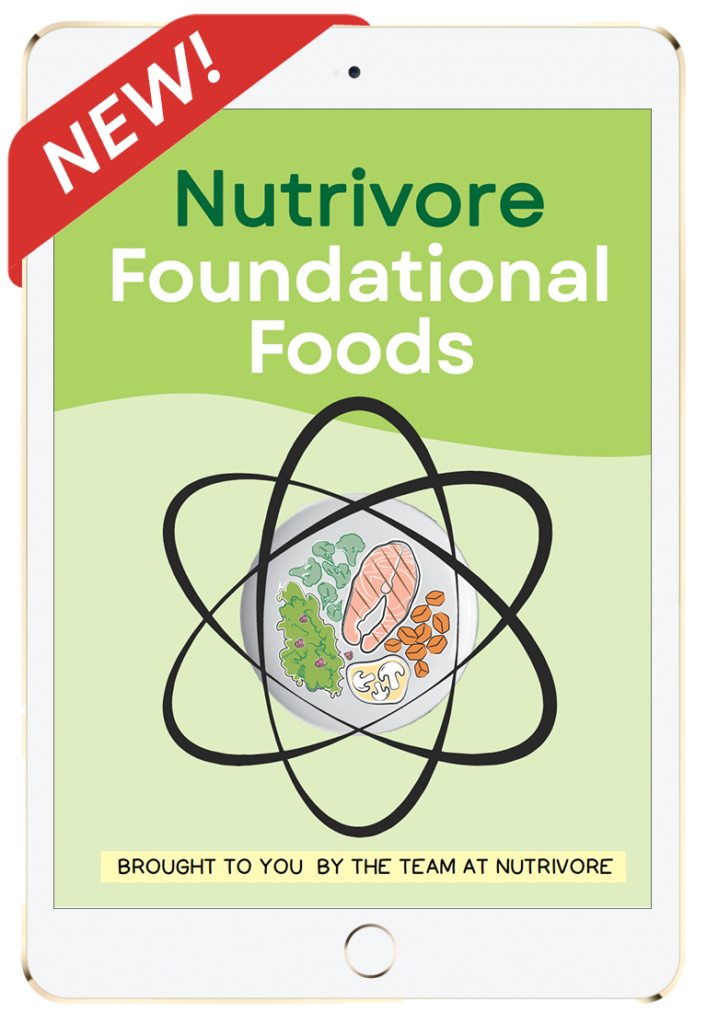
Nutrivore Foundational Foods
Learn what makes the 12 Nutrivore foundational food families nutritionally unique, their health benefits, which options are the most nutrient dense, how much of them to eat, plus various fun facts, practical pointers, and busting of common myths.
This very helpful resource will introduce you to new foods and expand your nutrition knowledge, making food choices easier!
Buy now for instant digital access.
Nutrivore Score for Canned Sardines – 654
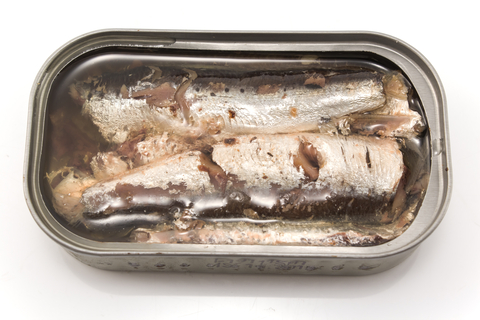
Canned sardines have a Nutrivore Score of 654, making them a high nutrient-dense food! Plus, they are a low-carb food; canned sardines have 0 grams net carbs per 115-gram serving.
Per serving, canned sardines are a best source (>50% daily value) of EPA+DHA, protein, selenium, vitamin B7 (biotin), and vitamin B12 (cobalamin); an excellent source (20-50% daily value) of alpha-linolenic acid (ALA), calcium, copper, coQ10, linoleic acid, monounsaturated fatty acids (MUFA), phosphorus, vitamin B2 (riboflavin), vitamin B3 (niacin), and vitamin D; and a good source (10-20% daily value) of choline, iodine, iron, magnesium, potassium, taurine, vitamin B5 (pantothenic acid), vitamin B6 (pyridoxine), vitamin E, and zinc.
Ditch Diets. Embrace Nutrients. Start with this FREE Guide.
Sign up for the free Nutrivore Newsletter, your weekly, science-backed guide to improving health through nutrient-rich foods — without dieting harder —and get the Beginner’s Guide to Nutrivore delivered straight to your inbox!

Canned Sardine Nutrition Facts
One serving of canned sardines is standardized to 115 grams (4 ounces). A typical sardine (2 2/3″ x 1/2″ x 1/4″) weighs 12 grams, which means: one serving of canned sardines is roughly equivalent to 9 1/2 sardines.
Canned Sardine Nutrition Facts Per Serving
| Sardines, canned in oil | Nutrivore Score: 654 | Nutrient Density: High |
|---|---|---|
| Serving Size: 4 ounces (115 grams) | Protein: 28.3 grams | Net Carbohydrates: 0.0 grams |
| Calories: 239 | Total Fat: 13.2 grams | Dietary Fiber: 0.0 grams |

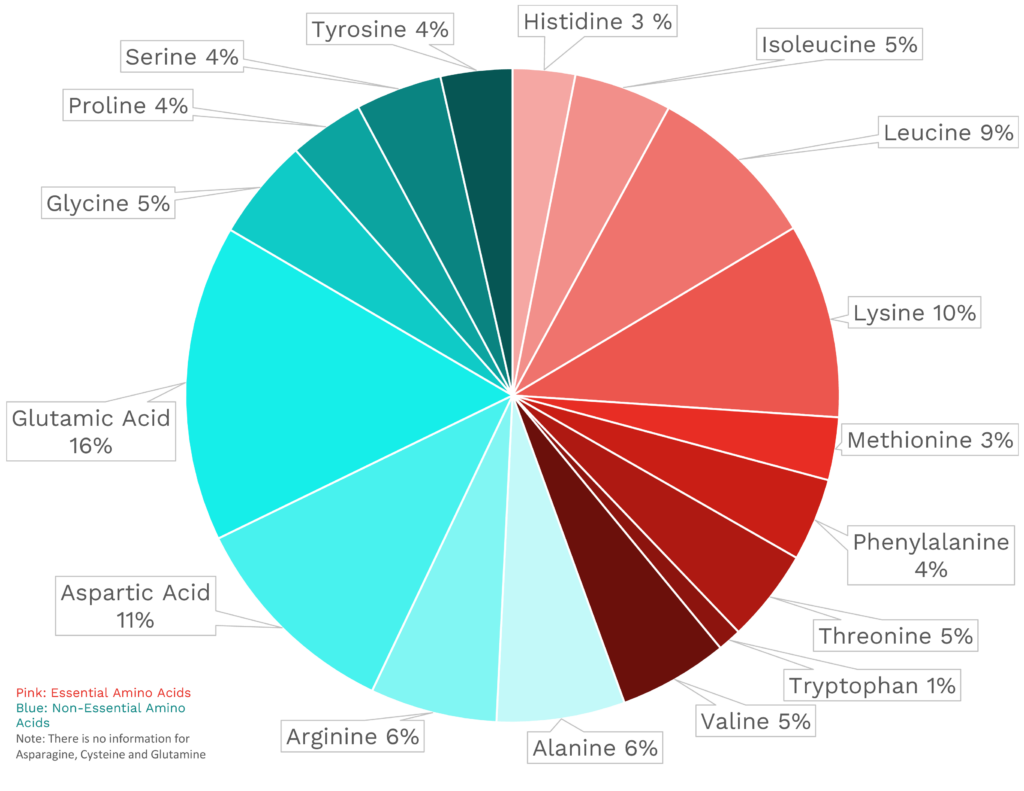
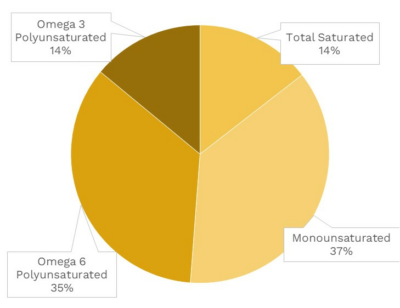
| VITAMINS | ||
|---|---|---|
| Vitamin A | 36.8 μg RAE | 4% DV |
| Vitamin B1 (Thiamin) | 92.0 μg | 8% DV |
| Vitamin B2 (Riboflavin) | 261.1 μg | 20% DV |
| Vitamin B3 (Niacin) | 6.0 mg | 38% DV |
| Vitamin B5 (Pantothenic Acid) | 0.7 mg | 15% DV |
| Vitamin B6 (Pyridoxine) | 192.1 μg | 11% DV |
| Vitamin B7 (Biotin) | 27.6 μg | 92% DV |
| Vitamin B9 (Folate) | 11.5 μg | 3% DV |
| Vitamin B12 (Cobalamin) | 10.3 μg | 428% DV |
| Vitamin C | 0.0 mg | 0% DV |
| Vitamin D (D2 + D3) | 5.5 μg | 28% DV |
| Vitamin E | 2.3 mg | 16% DV |
| Vitamin K | 3.0 μg | 2% DV |
| Choline | 86.3 mg | 16% DV |
| Myo-Inositol | 23.0 mg | ~ |
| CoQ10 | 1.4 mg | ~ |
| FUNCTIONAL FATS | ||
|---|---|---|
| MUFA | 4.4 g | 22% DV |
| ALA | 572.7 mg | 36% DV |
| EPA + DHA | 1129.3 mg | 452% DV |
| CLA | 4.0 mg | ~ |
| Linoleic Acid | 4.1 g | 24% DV |
| MCT’s | 0.0 g | ~ |
| MINERALS | ||
|---|---|---|
| Calcium | 439.3 mg | 34% DV |
| Copper | 213.9 μg | 24% DV |
| Iodine | 28.8 μg | 19% DV |
| Iron | 3.4 mg | 19% DV |
| Magnesium | 44.9 mg | 11% DV |
| Manganese | 124.2 μg | 5% DV |
| Phosphorus | 563.5 mg | 45% DV |
| Potassium | 456.6 mg | 10% DV |
| Selenium | 60.6 μg | 110% DV |
| Sodium | 353.1 mg | 15% DV |
| Zinc | 1.5 mg | 14% DV |
| PHYTONUTRIENTS | ||
|---|---|---|
| Carotenoids | 0.0 μg | ~ |
| Polyphenols | 0.0 mg | ~ |
| Phytosterols | 0.0 mg | ~ |
| Glucosinolates | ~ | ~ |
| Thiosulfinates | ~ | ~ |
| Betalains | ~ | ~ |
| AMINO ACIDS & PEPTIDES | ||
|---|---|---|
| Taurine | 69.0 mg | ~ |
| Ergothioneine | ~ | ~ |
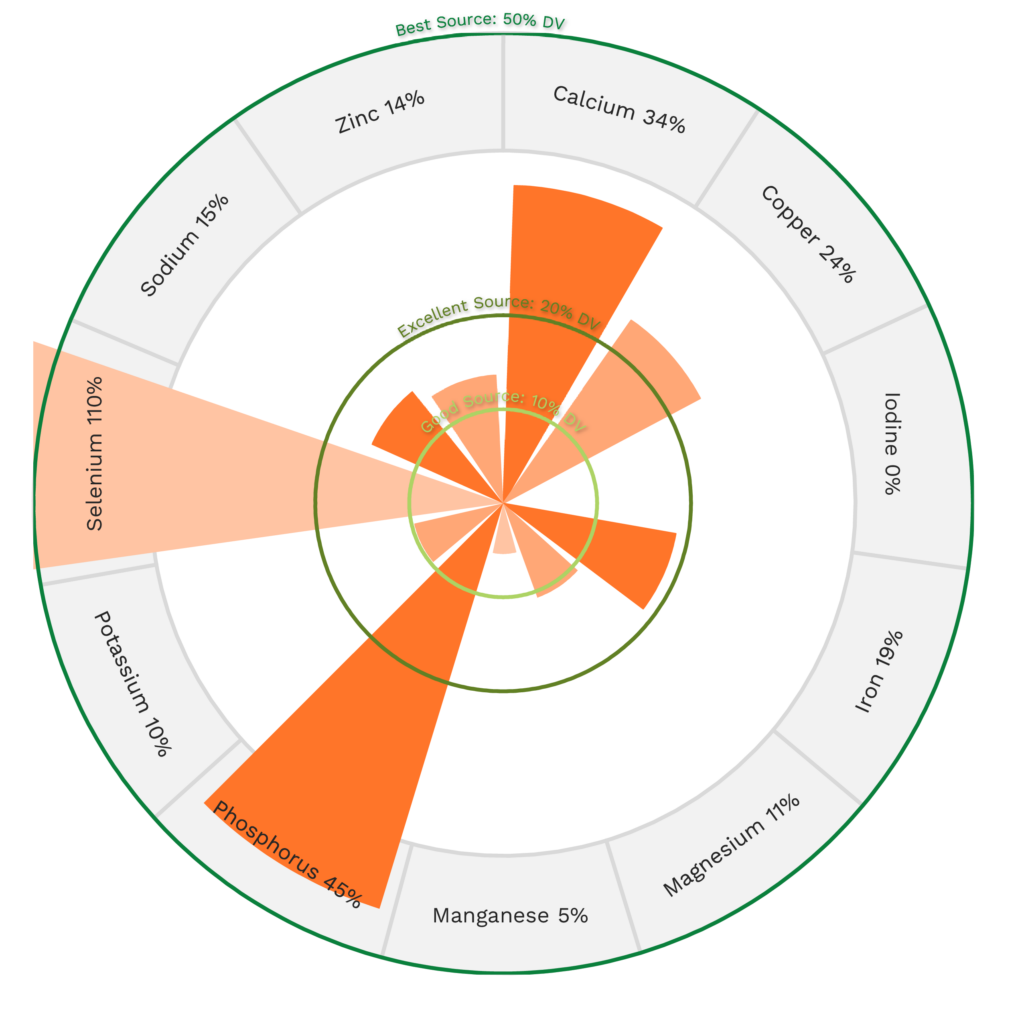
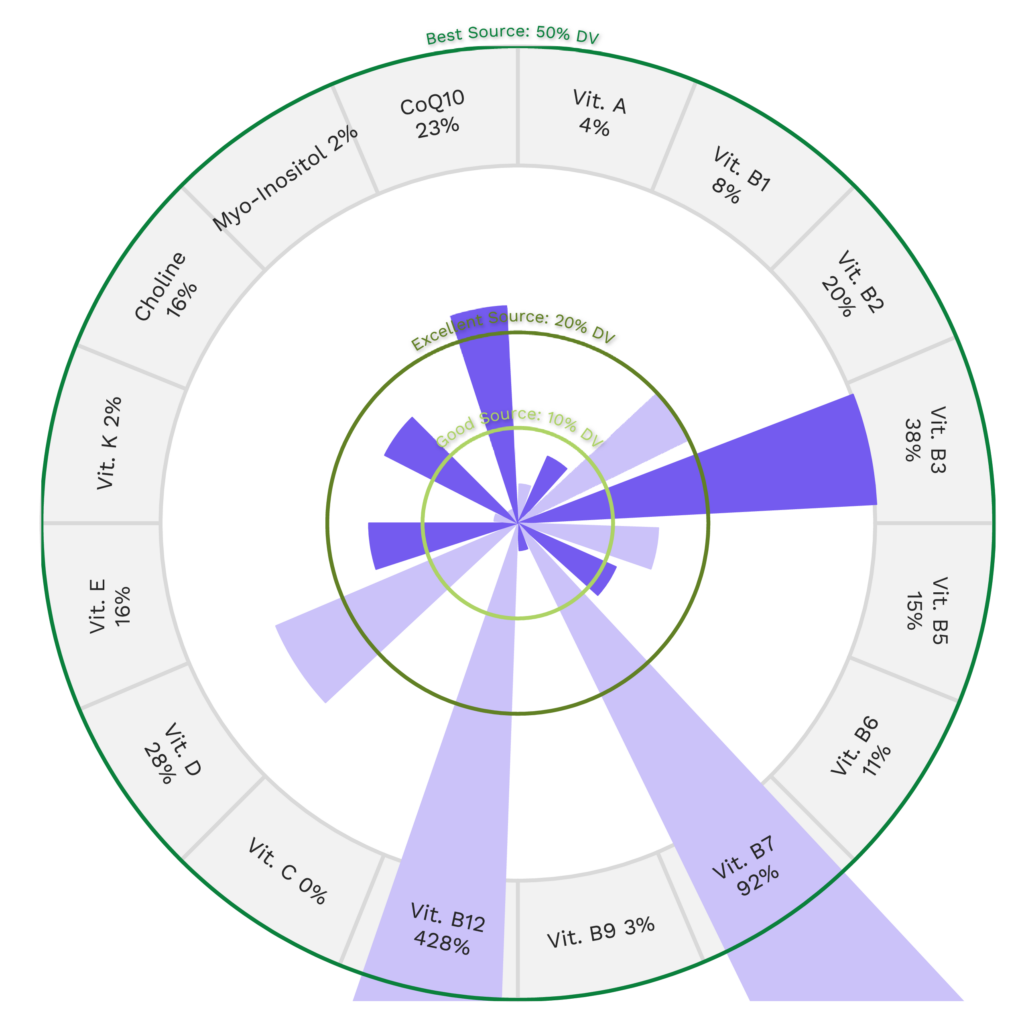
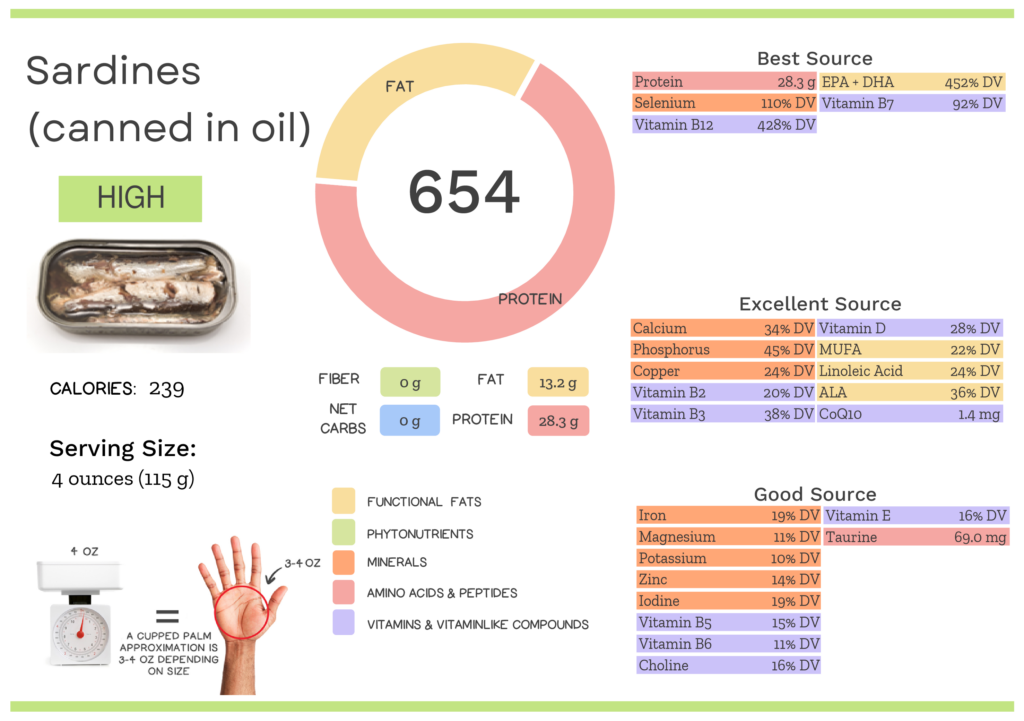
Impressed by all the bene-FISH-ial nutrition in sardines? Maybe your friends will be too!
Health Benefits of Canned Sardine Nutrients
Let’s take a closer look at all of the best and excellent source of nutrients found in a 4-ounce serving of canned sardines and see how they benefit our health.
Canned Sardines Provide 452% DV EPA+DHA
Canned sardines are a phenomenal source of EPA+DHA, providing an impressive 452% of the daily value per 4-ounce serving!
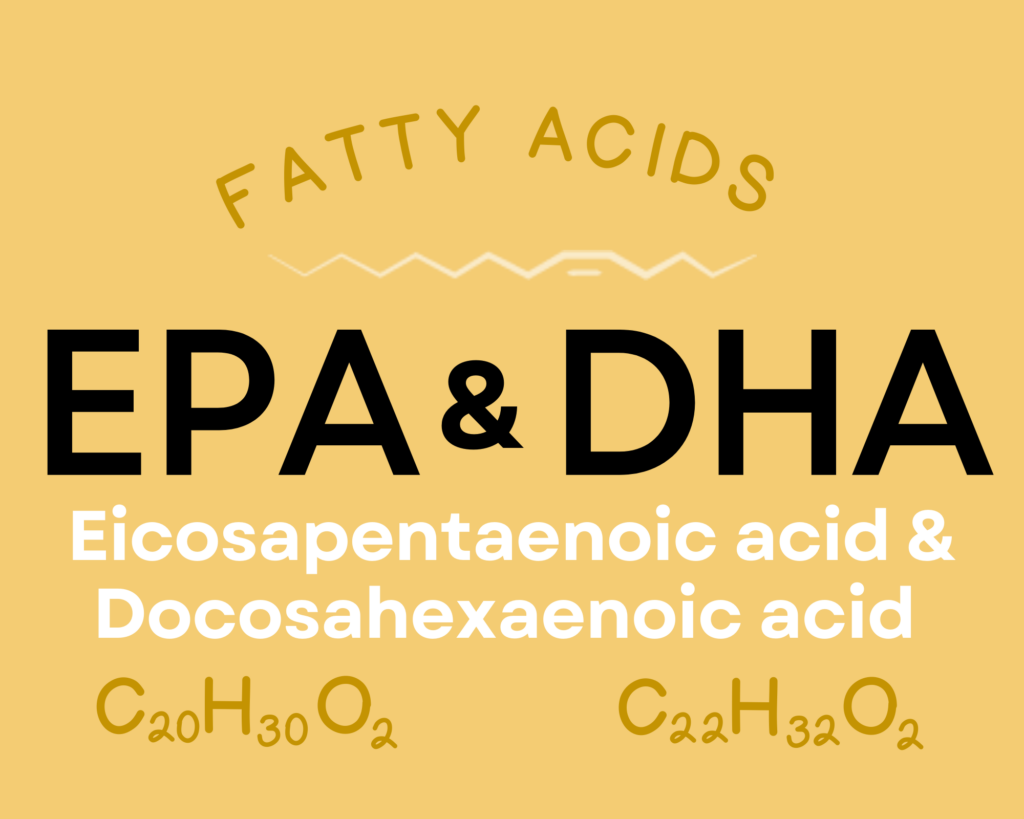
Eicosapentaenoic acid (EPA) and docosahexaenoic acid (DHA) are long-chain omega-3 fats that play important roles in neurological health, immune function, eye health and vision, inflammation, pain signaling, gut health, fetal development, and some aspects of cardiovascular health (like triglyceride levels and blood clotting). They exert many of their effects by helping form chemical messengers called prostaglandins, thromboxanes, and leukotrienes. EPA and DHA also serve as a structural component of the cell membrane, influencing important properties such as membrane fluidity and permeability. Small amounts of them can be synthesized from a shorter-chain omega-3 fat, alpha-linolenic acid (ALA). Learn more about EPA and DHA here.
Canned Sardines Provide 428% DV Vitamin B12 (Cobalamin)
Canned sardines are an outstanding source of vitamin B12 (cobalamin), providing a whopping impressive 428% of the daily value per 4-ounce serving!
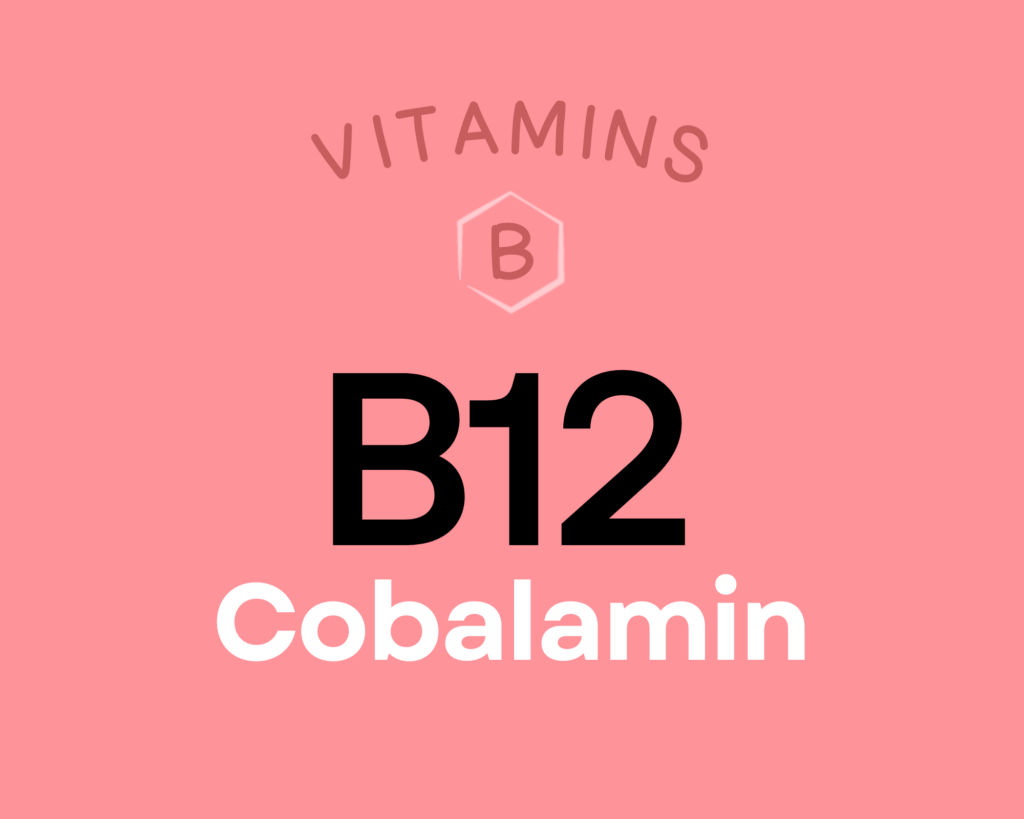
Vitamin B12 (cobalamin) is a water-soluble vitamin that serves as a cofactor for enzymes involved in energy metabolism, red blood cell production, DNA synthesis, neurotransmitter production, nervous system health, and folate metabolism. As a result of these roles, vitamin B12 is vital for maintaining brain and nervous system health, and may have a protective effect against dementia, Alzheimer’s disease, and depression. There’s also some evidence vitamin B12 may be cancer-protective, possibly through supporting folate metabolism (which then assists in repairing DNA damage). Learn more about vitamin B12 here.
Canned Sardines Provide 110% DV Selenium
Canned sardines are a fantastic source of selenium, providing a 110% of the daily value per 4-ounce serving!
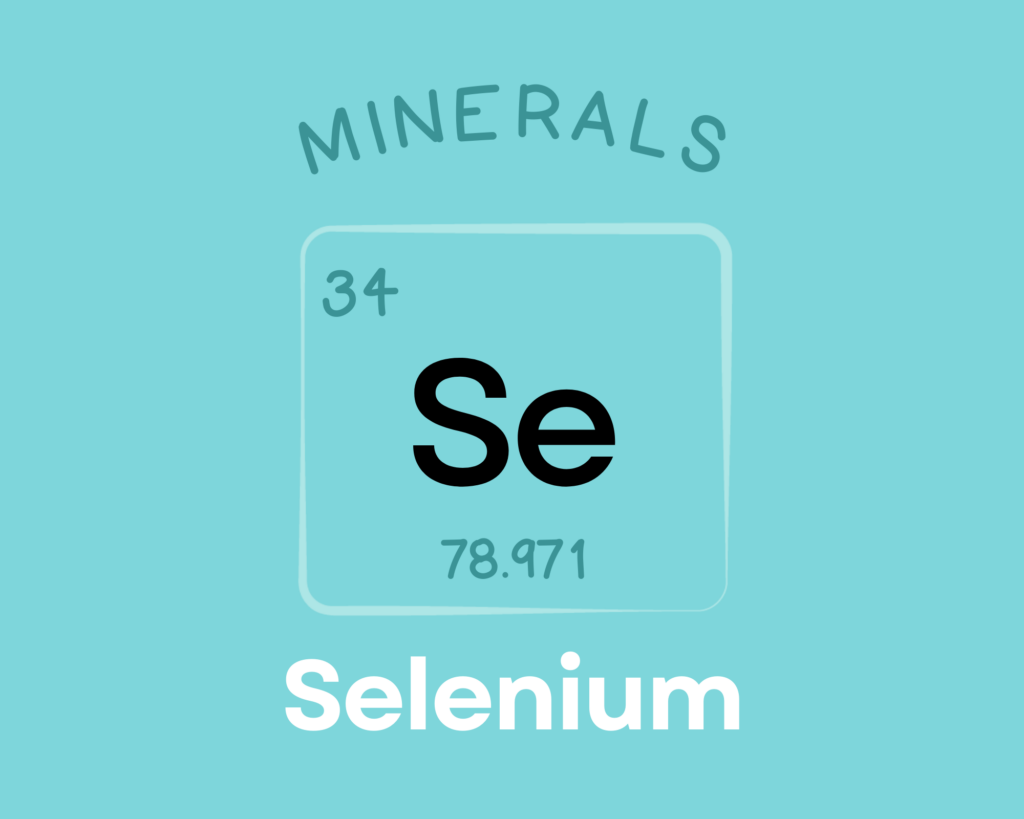
Selenium is a trace mineral needed by all mammals to sustain life. It serves as a component of the non-proteinogenic amino acids selenocysteine and selenomethionine, and also helps form over two dozen selenoproteins involved in reproduction, thyroid hormone metabolism, antioxidant defense, DNA synthesis, and immunity. Observational research suggests selenium could play a protective role against cancer, heart disease, asthma, and inflammatory bowel disease, although human trials have generally been lacking or contradictory. There’s also evidence that selenium can play a preventative role in asthma and inflammatory bowel disease, while also reducing mortality in patients with sepsis. Learn more about selenium here.
Canned Sardines Provide 92% DV Vitamin B7 (Biotin)
Canned sardines are a wonderful source of vitamin B7 (biotin), providing 92% of the daily value per 4-ounce serving!
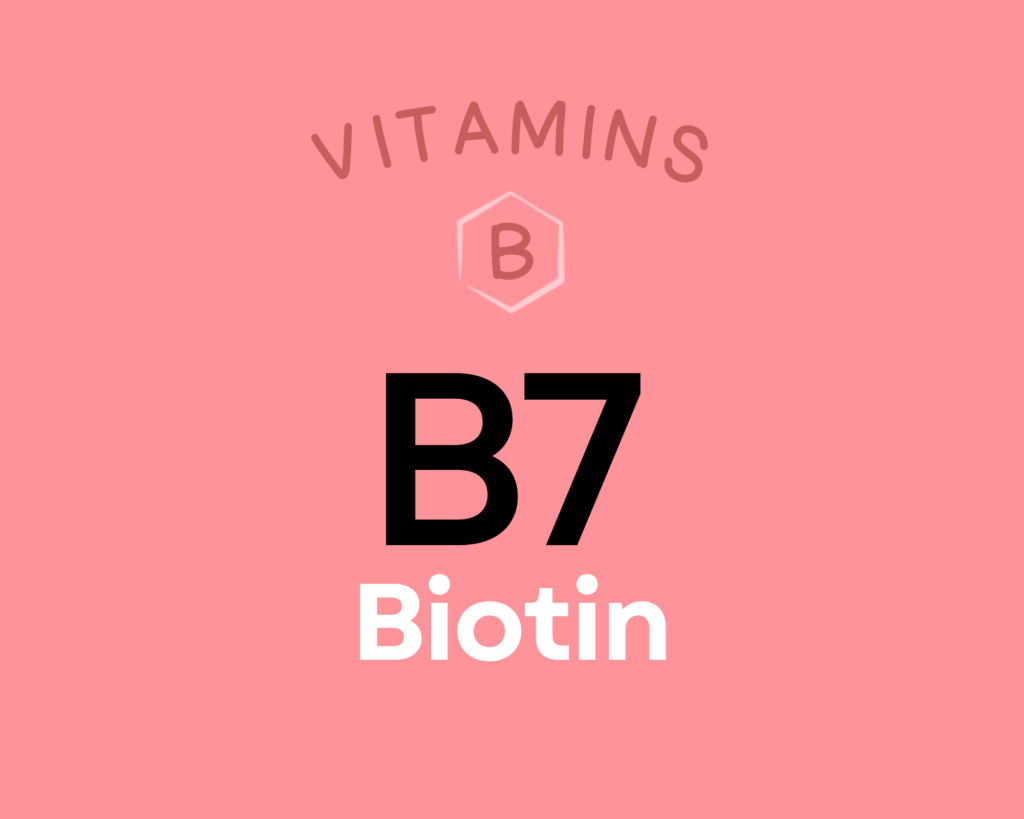
Biotin is a water-soluble B vitamin, also known as vitamin B7. Like other B vitamins, it plays an important role in energy metabolism (serving as a coenzyme for five carboxylase enzymes), neurotransmitter production, cellular function, and the function of various organs. Getting enough biotin can help support healthy nail and hair growth. It’s also particularly important during pregnancy, with low intakes increasing the risk of premature delivery and birth defects. There’s even some evidence biotin can benefit diabetics and reduce functional disabilities in people with multiple sclerosis. Learn more about biotin here.
Canned Sardines Provide 28.3 g of Protein
Canned sardines are high in protein, providing 28.3 g of protein per 4-ounce serving!
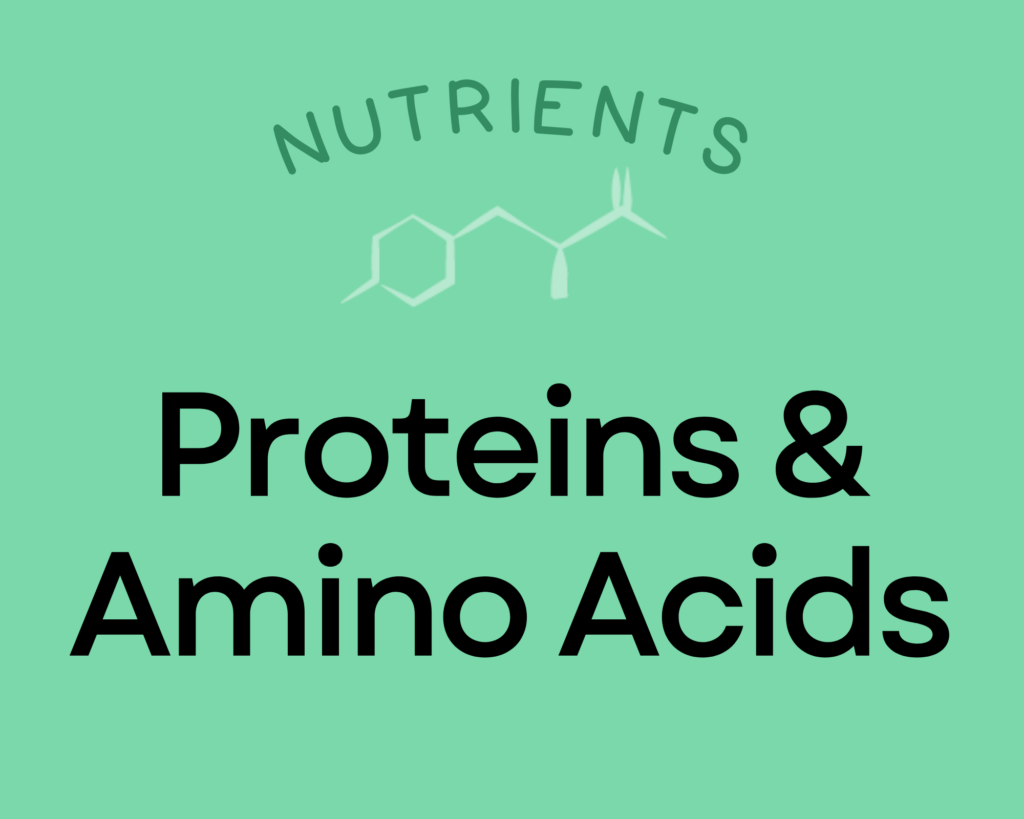
Proteins are the molecules that actually perform most of the various functions of life. In addition to being major structural components of cells and tissues, they have incredibly diverse roles from driving chemical reactions (e.g., enzymes) to signaling (e.g., some types of hormones) to transporting and storing nutrients. Dietary protein is necessary to supply the amino acid building blocks for all of the proteins in our bodies. The recommended daily allowance of protein is 0.36 grams per pound body weight (0.8 grams per kilogram of body weight). That amounts to 56 grams for a 150-pound person. However, it’s important to emphasize that this number is considered a minimum daily allotment, and there is no established upper limit. In fact, many studies have evaluated diets containing three to four times more protein than this minimum and proven benefits to weight management, body composition, hormone regulation, and cardiovascular health. These studies suggest that an optimal protein intake for most people is probably in the range of 1.2 to 1.8 grams per kilogram bodyweight (82 to 122 grams for that same 150-pound person), and that people who are very active may see the best results at even higher intake. Learn more about protein and amino acids here.
Canned Sardines Provide 45% DV Phosphorus
Canned sardines are an excellent source of phosphorus, providing 45% of the daily value per 4-ounce serving!
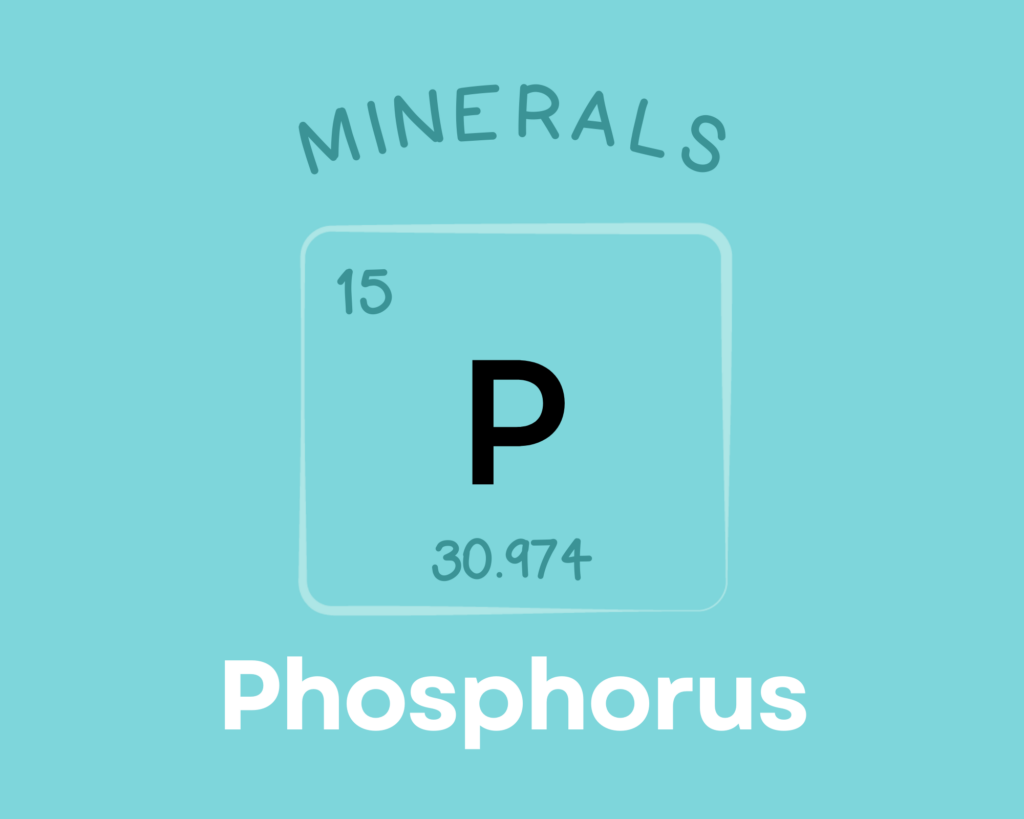
Phosphorus is an essential mineral that makes up about 1% of the total weight of the human body. Along with serving an important structural role for building nucleic acids and cell membranes, phosphorus is involved in numerous biological processes—including acid-base regulation, energy production, cell signaling, and bone mineralization. Excess phosphorus has been linked to a higher risk of cardiovascular disease, fractures, and osteoporosis, especially in the context of a low-calcium diet. Learn more about phosphorus here.
Canned Sardines Provide 38% DV Vitamin B3 (Niacin)
Canned sardines are also an excellent source of vitamin B3 (niacin), providing 38% of the daily value per 4-ounce serving!
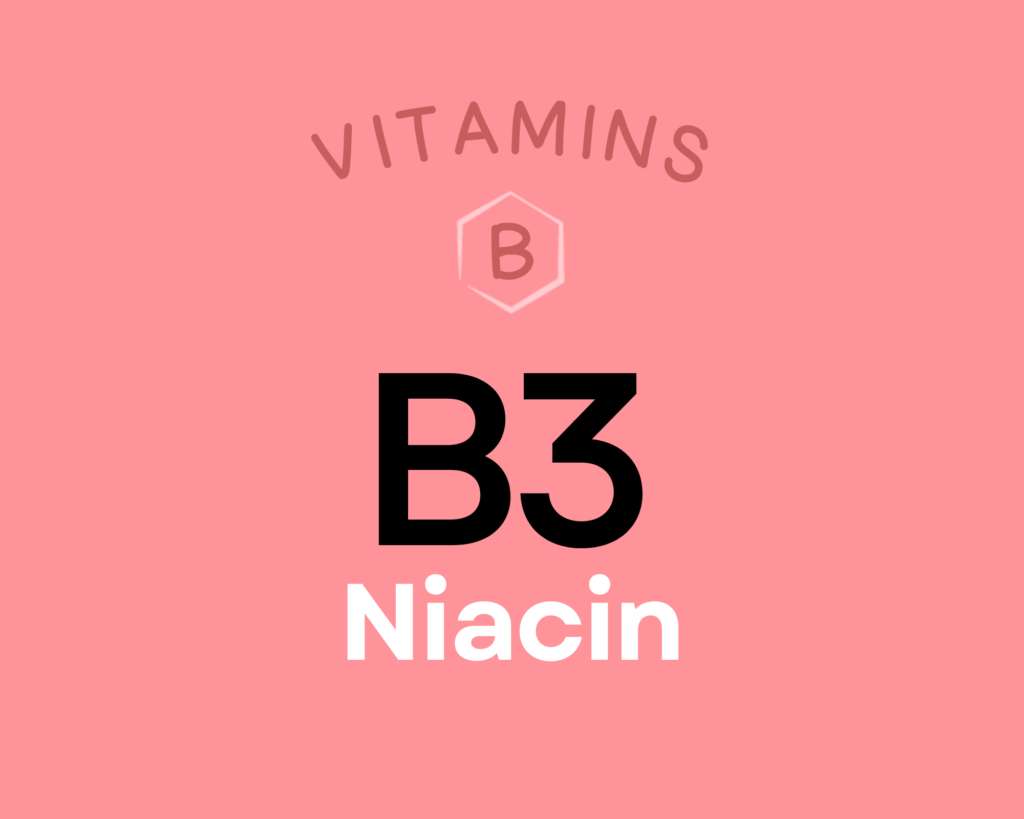
Niacin is a water-soluble B complex vitamin (vitamin B3) that’s needed to produce two very important coenzymes: nicotinamide adenine dinucleotide (NAD) and nicotinamide adenine dinucleotide phosphate (NADP). NAD and NADP are needed for over 400 enzymes involved in DNA repair, fatty acid synthesis, antioxidant systems, detoxification, and hormone synthesis, as well as the breakdown of fat, carbohydrate, protein, and alcohol. Niacin has therapeutic potential for cardiovascular disease and hyperlipidemia, and may also be protective against cancer and type 1 diabetes. Some research suggests it could benefit health outcomes for patients with HIV or schizophrenia as well. Learn more about niacin here.
Canned Sardines Provide 36% DV Alpha-Linolenic Acid (ALA)
Canned sardines are an excellent source of alpha-linolenic acid (ALA), providing 36% of the daily value per 4-ounce serving!
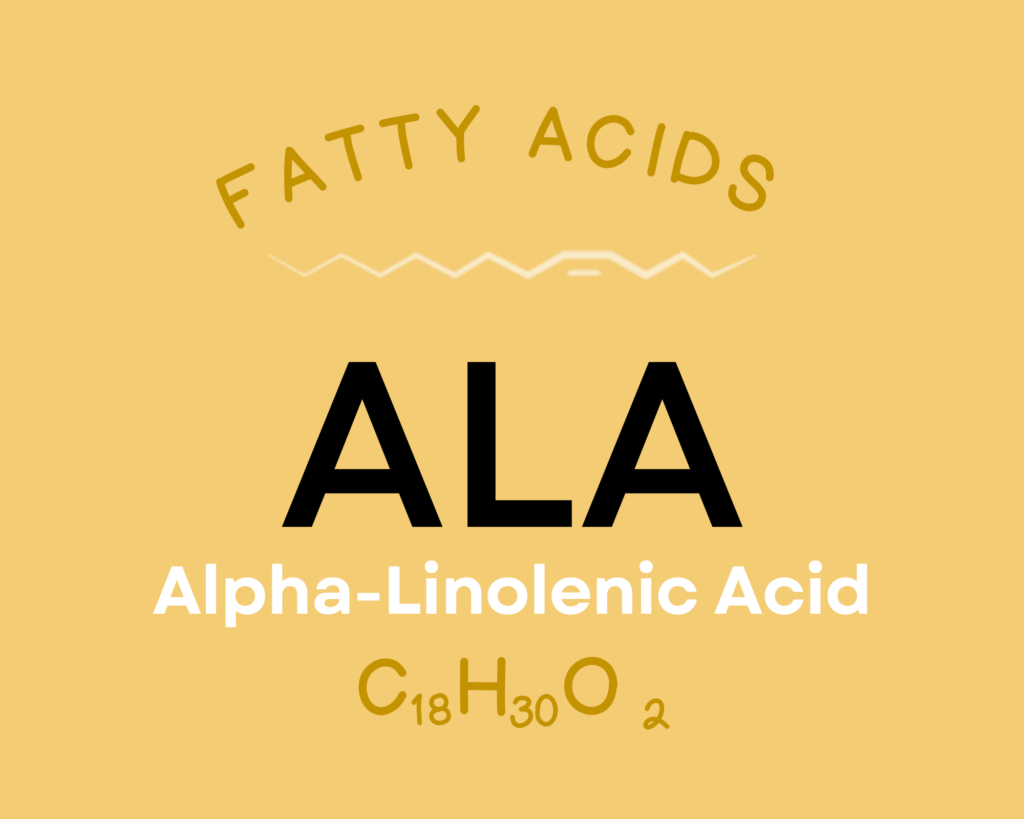
Alpha-linolenic acid (ALA) is the only truly essential omega-3 fatty acid. Like other omega-3 fats, it plays an important role in regulating inflammation, pain perception, and blood pressure. It’s also major structural component of the phospholipid layer of cell membranes. Getting enough ALA helps maintain cardiovascular health, while also potentially protecting against cancer, pneumonia, and some forms of depression. Learn more about ALA here.
Canned Sardines Provide 34% DV Calcium
Canned sardines are a great source of calcium, providing 34% of the daily value per 4-ounce serving!
Fish with bones remaining, such as canned sardines, are the best dietary sources of calcium in the food supply.
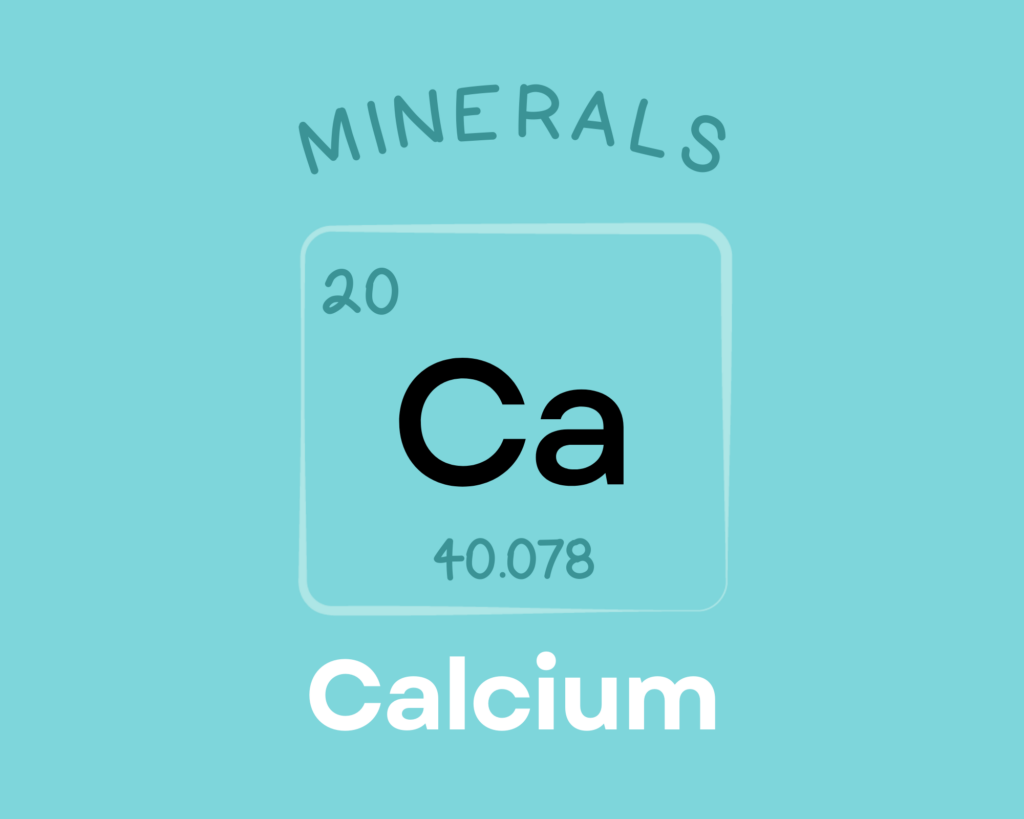
Calcium is a major structural component of bones and teeth, and also serves as an electrolyte—a type of electricity-conducting mineral needed for regulating nerve impulses, muscle contraction (including the heartbeat), blood pH, and fluid balance. Getting enough calcium helps protect against osteoporosis and bone fractures, while also potentially reducing the risk of colorectal cancer, pregnancy-related high blood pressure, and kidney stones. It may even help improve PMS symptoms and assist in body weight regulation! Learn more about calcium here.
Canned Sardines Provide 28% DV Vitamin D
Canned sardines are an excellent source of vitamin D, providing 28% of the daily value per 4-ounce serving!
Sardines are one of the few dietary sources of vitamin D in our modern food supply.
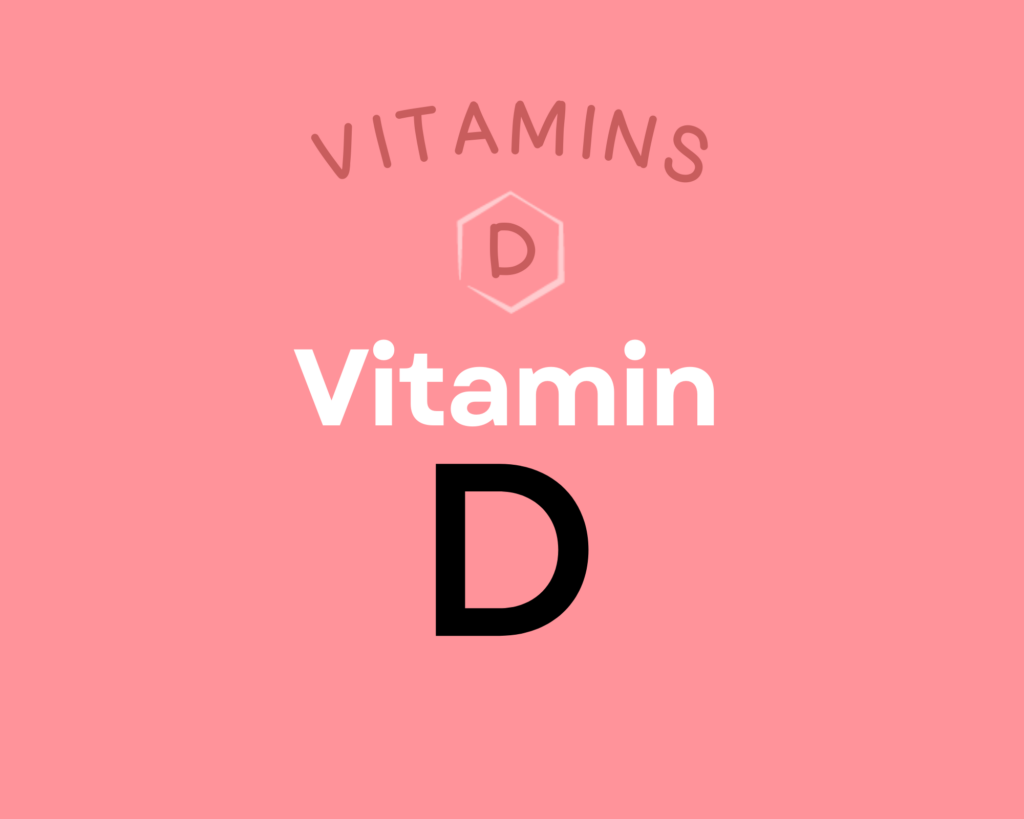
Rather than being a “true” vitamin, vitamin D is a group of fat-soluble steroid hormones that can be either obtained from the diet or synthesized from sun exposure. It plays a major role in cellular differentiation, immune function, endocrine health, cardiovascular health, and even the intestinal absorption of several other nutrients (namely calcium, magnesium, and phosphorus). As a result of these diverse functions, getting enough vitamin D is important for protecting against chronic disease (including diabetes, cancer, and degenerative neurological conditions), maintaining good gut health, and keeping a healthy immune system (including protecting against both infectious disease and autoimmunity). Learn more about vitamin D here.
Canned Sardines Provide 24% DV Copper
Canned sardines are also an excellent source of copper, providing 24% of the daily value per 4-ounce serving!
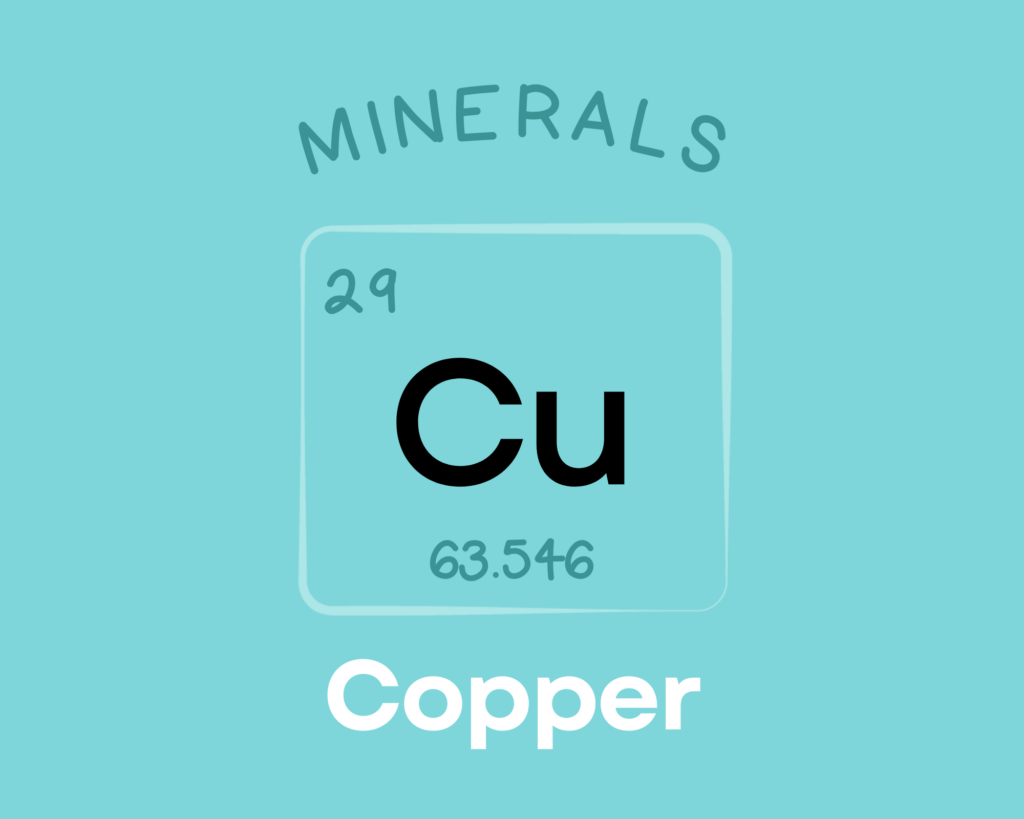
Copper is a trace mineral that’s essential for all living organisms. Copper serves as a component of numerous enzymes and proteins in the body, giving it diverse roles in the growth, development, and maintenance of various organs (including the heart and brain), bone, and connective tissue. Copper is also involved in glucose and cholesterol metabolism, helps regulate gene expression, can scavenge free radicals, and is needed for the production of red blood cells. Learn more about copper here.
Canned Sardines Provide 24% DV Linoleic Acid
Canned sardines are rich in linoleic acid, providing 24% of the daily value per 4-ounce serving!
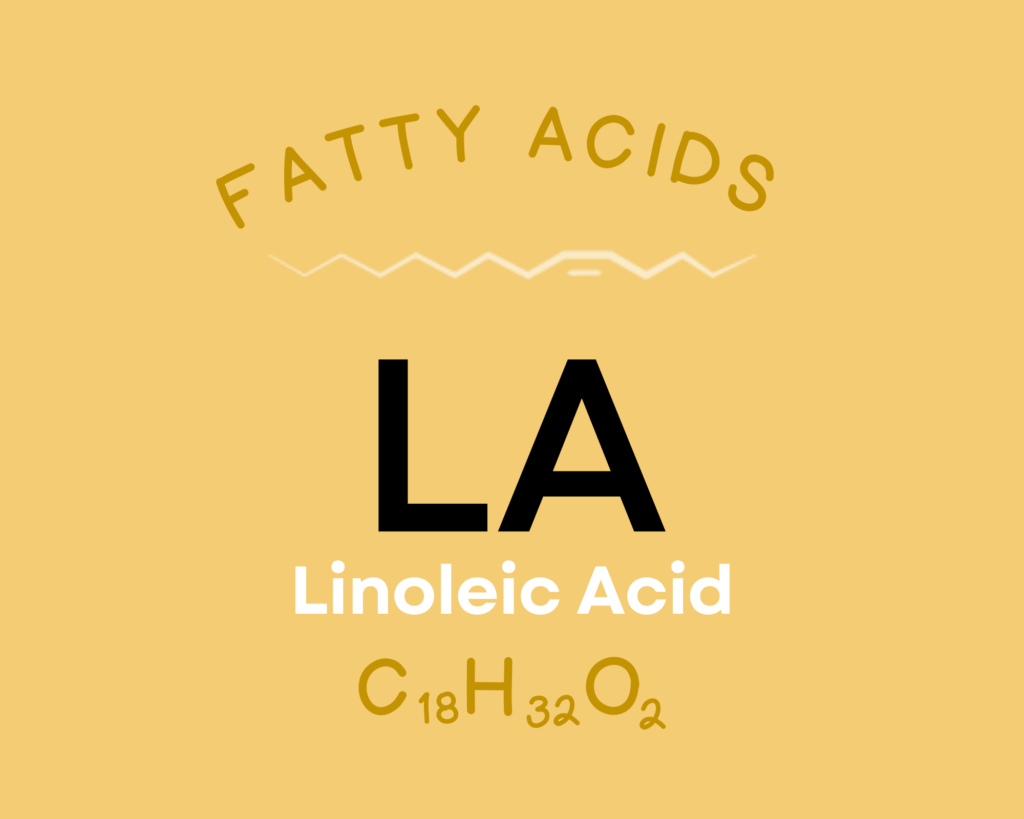
Linoleic acid is the only essential omega-6 fatty acid. Along with being required for human growth and development, it serves as a structural component of cell membranes, plays a role in maintaining skin health and integrity, and is a precursor for bioactive lipid mediators. Although linoleic acid can lower LDL cholesterol levels, research hasn’t consistently shown any protective effect against heart disease. Likewise, there’s mixed evidence (some showing benefit, some showing harm) for the effects of linoleic acid on cancer. Higher intakes have also been associated with depression and obesity, although it may have a protective effect against diabetes. Learn more here.
Canned Sardines Provide 1.4 mg of CoQ10
Canned sardines are an excellent source of coQ10, providing 1.4 mg of coQ10 per 4-ounce serving!
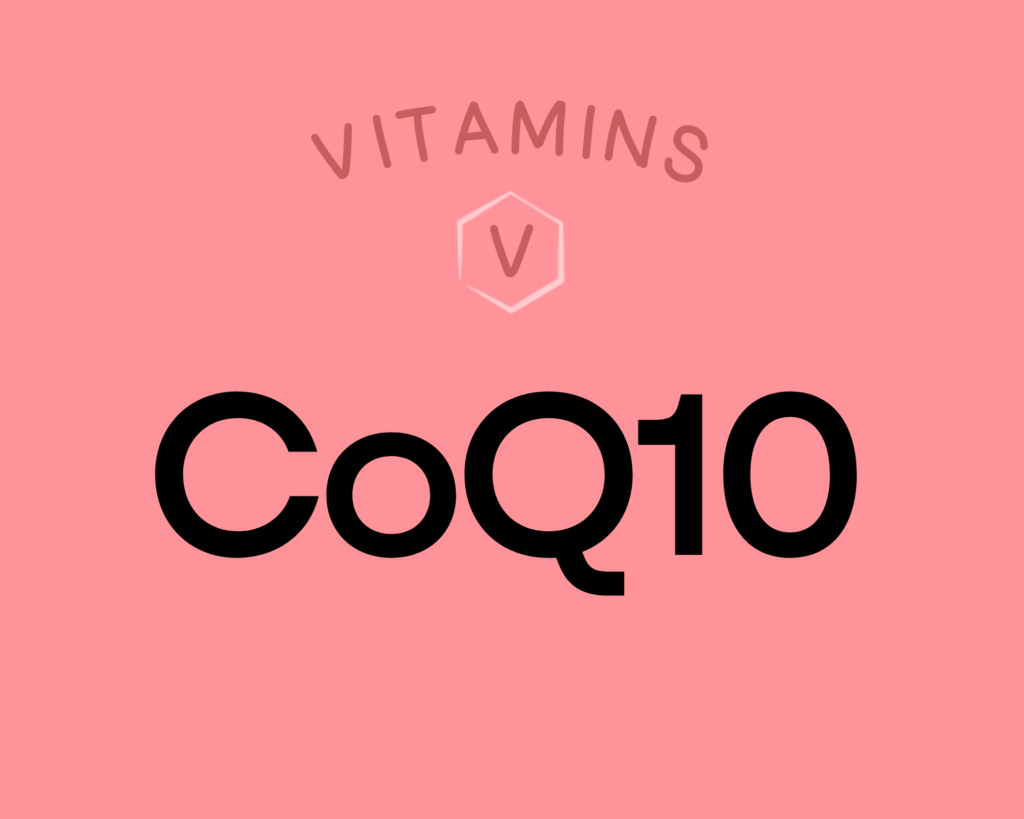
Ubiquinone is the oxidized form and ubiquinol is the reduced, more bioavailable form of the vitaminlike compound coenzyme Q10 (coQ10). CoQ10 is a potent antioxidant and a cofactor in the electron transport chain for the production of ATP. It may be helpful in treating or preventing heart and blood vessel conditions, diabetes, gum disease, muscular dystrophy, chronic fatigue syndrome, and breast cancer. Sources include beef, pork, mackerel, yellowtail fish, and chicken; it’s also found in smaller amounts in vegetables like broccoli and herbs like parsley. Learn more about coQ10 here.
Canned Sardines Provide 22% DV MUFA
Canned sardines are also an excellent source of monounsaturated fatty acids (MUFA), providing 22% of the daily value per 4-ounce serving!
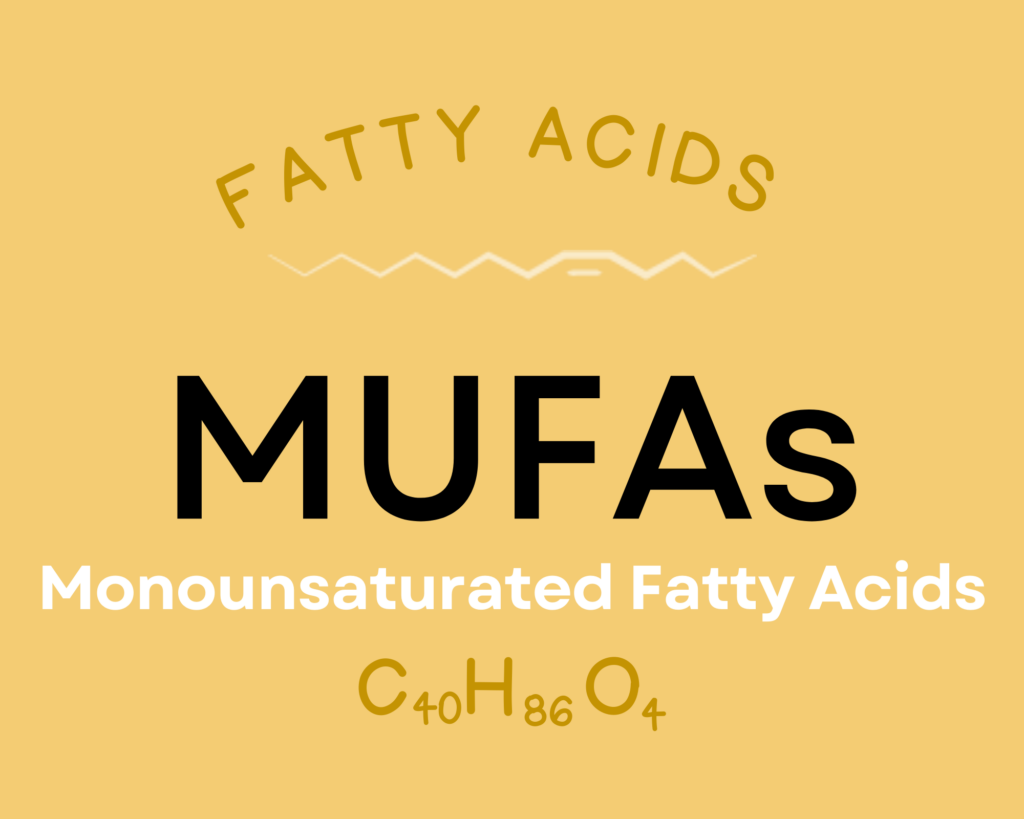
Monounsaturated fatty acids (MUFA), the most abundant of which is oleic acid, play an important role in cellular function due to its presence in phospholipids in cell membranes. Oleic acid is beneficial for cardiovascular health—both in reducing risk factors like high blood pressure, cholesterol, triglycerides, inflammation, and oxidative stress, and in reducing actual cardiovascular disease incidence and events. Oleic acid has even demonstrated anti-cancer activity, with an ability to inhibit the progression, proliferation, and metastasis of several types of cancer cells. Research shows this fat could benefit body weight regulation and obesity through its effects on energy metabolism and lipogenesis. In fact, human trials show that enriching diets with oleic acid leads to decreases in central obesity, abdominal fat, body weight, and food intake, while also possibly increasing energy expenditure! Oleic acid also possesses some benefits for diabetics—influencing genes and pathways involved in insulin signaling and glucose metabolism, as well as helping protect against some complications of diabetes, like diabetic retinopathy and atherosclerosis. Learn more about oleic acid here.
Canned Sardines Provide 20% DV Vitamin B2 (Riboflavin)
Canned sardines are rich in vitamin B2 (riboflavin), providing 20% of the daily value per 4-ounce serving!
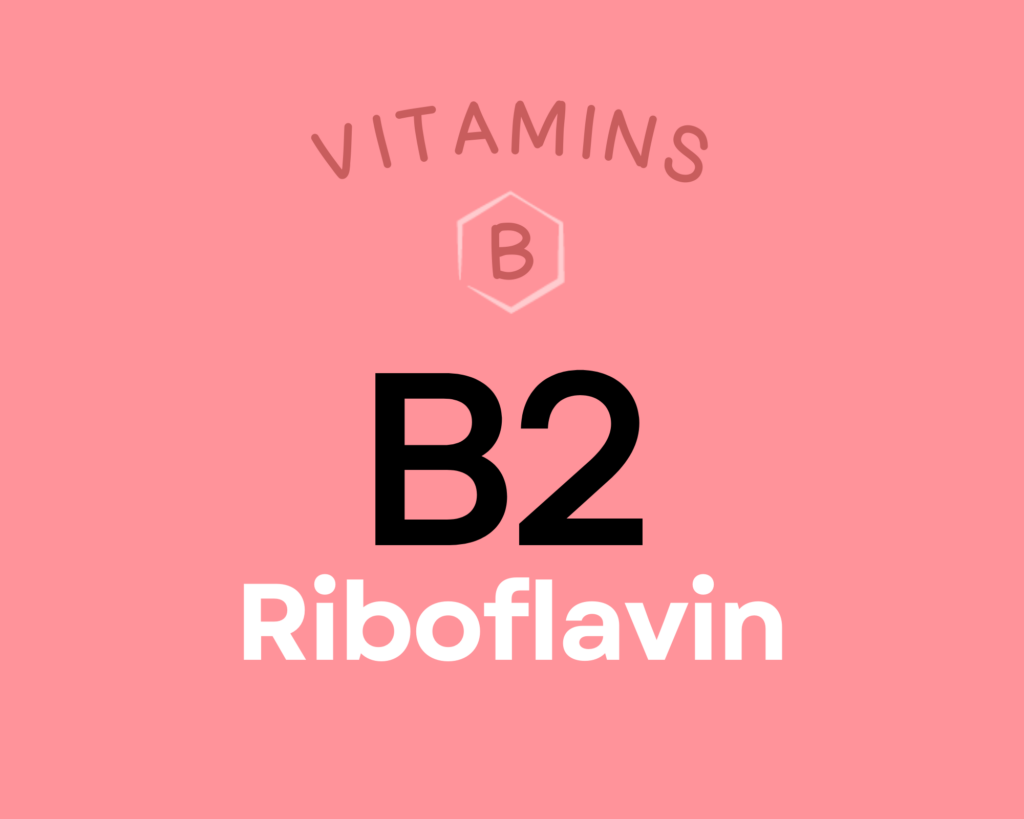
Riboflavin (or vitamin B2) is a vitamin that helps form two important coenzymes involved in oxidation-reduction reactions: flavin mononucleotide (FMN), and flavin adenine dinucleotide (FAD). Collectively, these coenzymes are involved in antibody production, energy production, growth and development, skin and hair health, and the metabolism of several other nutrients (vitamin B6, niacin, folate, and iron). Research suggests a role for riboflavin in preventing or treating migraine headaches, cardiovascular disease, cataracts, and preeclampsia during pregnancy. It also possesses some anti-cancer properties due to its involvement in folate metabolism and MTHFR activity. Learn more about vitamin B2 here.
Learn What Foods Are the Best Sources of Every Nutrient

The Top 25 Foods for Every Nutrient
The Top 25 Foods for Every Nutrient e-book is a well-organized, easy-to-use, grocery store-friendly guide to help you choose foods that fit your needs of 43 important nutrients while creating a balanced nutrient-dense diet.
Get two “Top 25” food lists for each nutrient, plus you’ll find RDA charts for everyone, informative visuals, fun facts, serving sizes and the 58 foods that are Nutrient Super Stars!
Buy now for instant digital access.
How Much Canned Sardines Should We Eat Per Day?
Fish are nutrient-dense sources of highly-digestible complete protein and outstanding sources of important nutrients in which we are commonly deficient. Let’s just say this seafood is “off the hook!” (Pun intended.)
Fish and shellfish are not only nutrient-dense sources of highly-digestible gut-friendly complete protein and the best food sources of the very important long-chain omega-3 fatty acids, DHA and EPA, but they’re outstanding sources of important nutrients in which we are commonly deficient. Eating seafood reduces risk of cardiovascular disease, type 2 diabetes, obesity and some forms of cancer.
Fish is a great source of vitamins B1, B2, B3, B6, B9, B12 and E, zinc, phosphorus, magnesium, iron, copper, potassium and selenium, with oily cold-water fish also providing substantial amounts of vitamin A and vitamin D. Fish with bones remaining, such as canned salmon and sardines, are the best dietary sources of calcium in the food supply. And marine fish are an excellent dietary source of iodine.
In fact, every 100 grams per day of seafood decreases all-cause mortality by 7%. And, every 20 grams per day of fish decreases cardiovascular disease mortality by 4%. Aim to eat three or more servings of seafood weekly (and up to every meal!). Learn more about seafood here.
It’s always best to mix up the foods you eat day to day (aiming for a wide variety of different fish and shellfish throughout the week), and sardines definitely have a place at the table.
Easily track your servings of Nutrivore Foundational Foods!
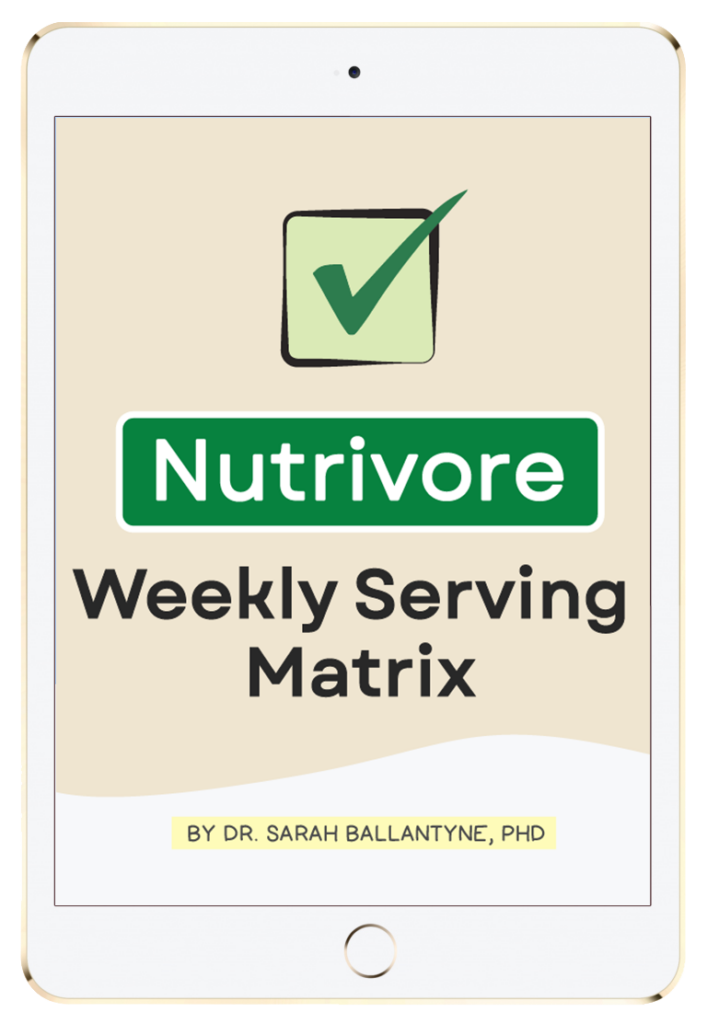
The Nutrivore Weekly Serving Matrix
The Nutrivore Weekly Serving Matrix digital resource is an easy-to-use and flexible weekly checklist designed to help you maximize nutrient-density and meet serving suggestions of Nutrivore foundational foods, all without having to weigh or measure your foods!
Includes a 22-page instructional guide and downloadable interactive guides.
Buy now for instant digital access.
cITATIONS
Expand to see all scientific references for this article.
Chin SF, Liu W, Storkson J, Ha Y, Pariza M. Dietary sources of conjugated dienoic isomers of linoleic acid, a newly recognized class of anticarcinogens. Journal of Food Composition and Analysis. 1992 Sept(5):185-197. DOI:10.1016/0889-1575(92)90037-K
Clements RS Jr, Darnell B. Myo-inositol content of common foods: development of a high-myo-inositol diet. Am J Clin Nutr. 1980 Sep;33(9):1954-67. doi: 10.1093/ajcn/33.9.1954. PMID: 7416064.
Frida Food Database. National Food Institute, Technical University of Denmark: Sardine, in oil, canned
Gormley TR, Neumann T, Fagan JD, Brunton NP. Taurine content of raw and processed fish fillets/portions. European Food Research and Technology. 2007. 225(5):837-842. doi: 10.1007/s00217-006-0489-4
Kubo H, Fujii K, Kawabe T, Matsumoto S, Kishida H, Hosoe K. Food content of ubiquinol-10 and ubiquinone-10 in the Japanese diet. Journal of Food Composition and Analysis. 2008. Vol 21(3):199-210. https://doi.org/10.1016/j.jfca.2007.10.003.
USDA Food Central Database: Fish, sardine, Atlantic, canned in oil, drained solids with bone
Watanabe T, Kioka M, Fukushima A, Morimoto M, Sawamura H. Biotin content table of select foods and biotin intake in Japanese. Int J Anal Bio-Sci. 2014. Vol 2(4):109-125.


